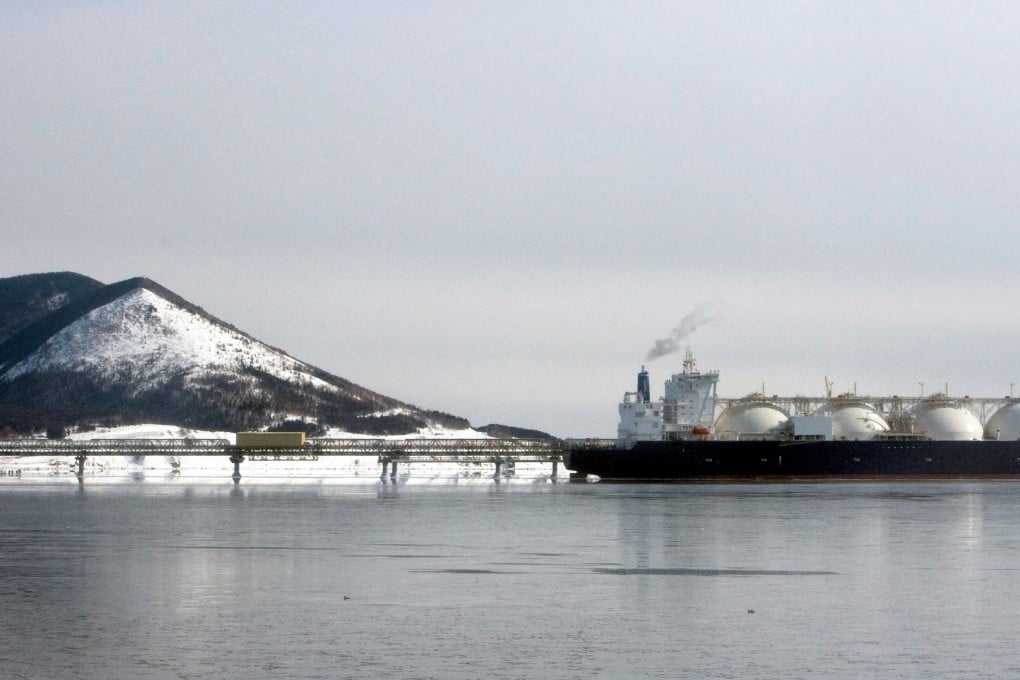Japan grapples with higher electricity bills as Ukraine war forces rethink of Russia energy links
- Energy-poor nation imports 88 per cent of its energy supply; sanctions on Moscow and increased competition is putting this provision in jeopardy
- Analysts warn of rocky road ahead as Tokyo seeks alternatives, with rising prices and increased renewable and nuclear energy likely scenarios

Japanese energy specialist Takeo Kikkawa has found himself thinking about the 1970s in recent weeks, and the time when a surge in oil prices left Japan’s economy reeling, resulting in it recording negative growth for the first time since the end of World War Two.
Russia’s invasion of Ukraine – and the resulting sanctions by G7 nations and other Western allies, including on energy supplies – has left Japan facing a dilemma over its energy strategy. It finds itself in the unenviable position of having much less leeway than others to reduce its dependence on Russia.
The energy-poor nation imports 88 per cent of its energy supply, mostly oil, gas and coal. It is the world’s second-largest liquefied natural gas (LNG) importer after China.

For more than a decade, it has tapped Russian gas so it can reduce its reliance on Middle East oil and make up for lost nuclear power capacity.
Russia is not Japan’s biggest energy supplier – in 2021, it delivered 8.7 per cent and 3.7 per cent of Japan’s LNG and crude oil imports, respectively – but these imports have helped to boost the country’s energy security. It gets about 13 per cent of its power-generating coal supply from Russia.
It also imports LNG from Australia and Southeast Asia and oil, Japan’s biggest energy source making up about 40 per cent of its consumption needs, it mostly imports from the Middle East.
“In terms of the difficulty of dealing with the situation, this [crisis] more resembles oil shocks in the 1970s, ” said Kikkawa, a professor at the International University of Japan in Niigata.